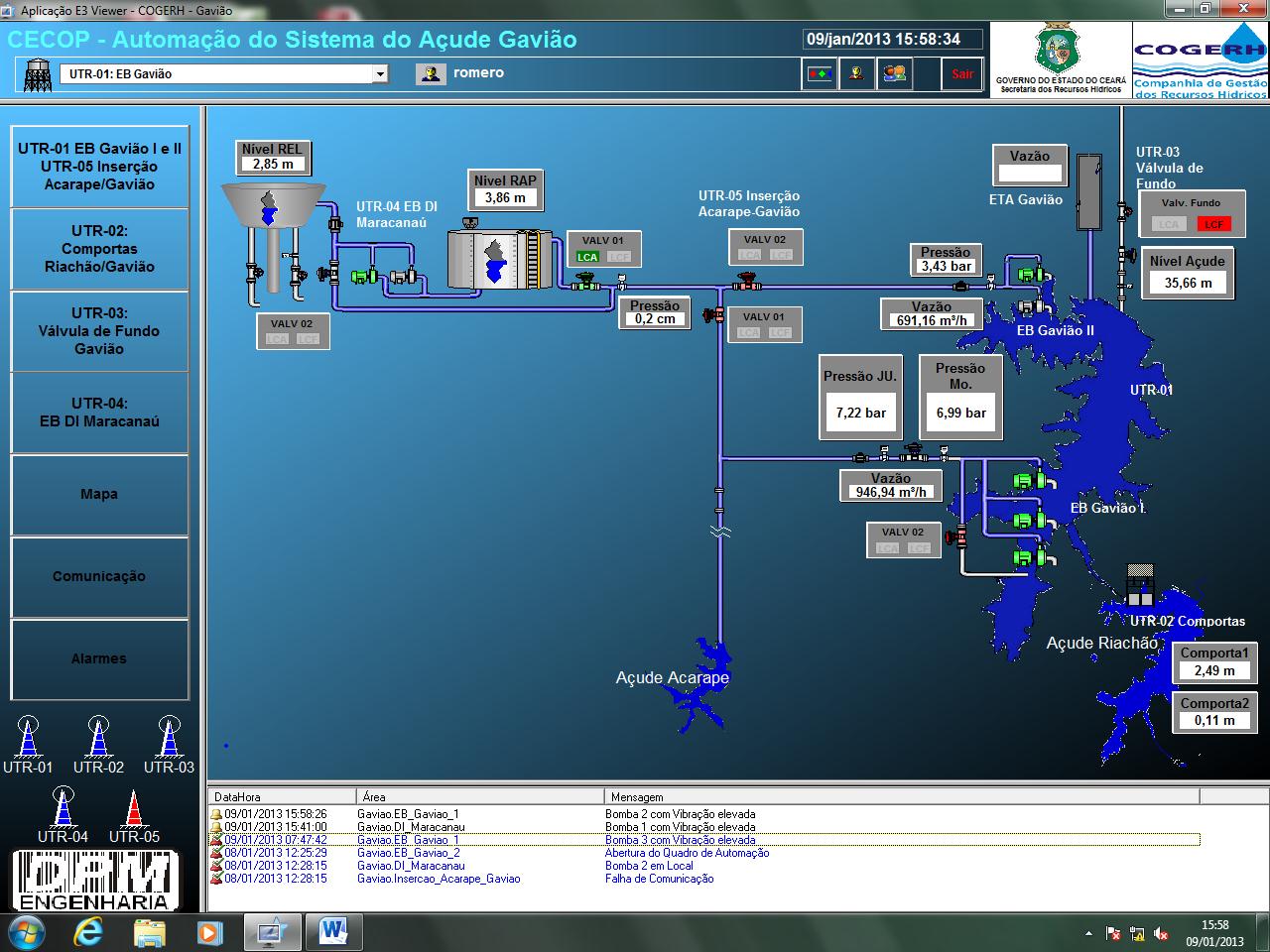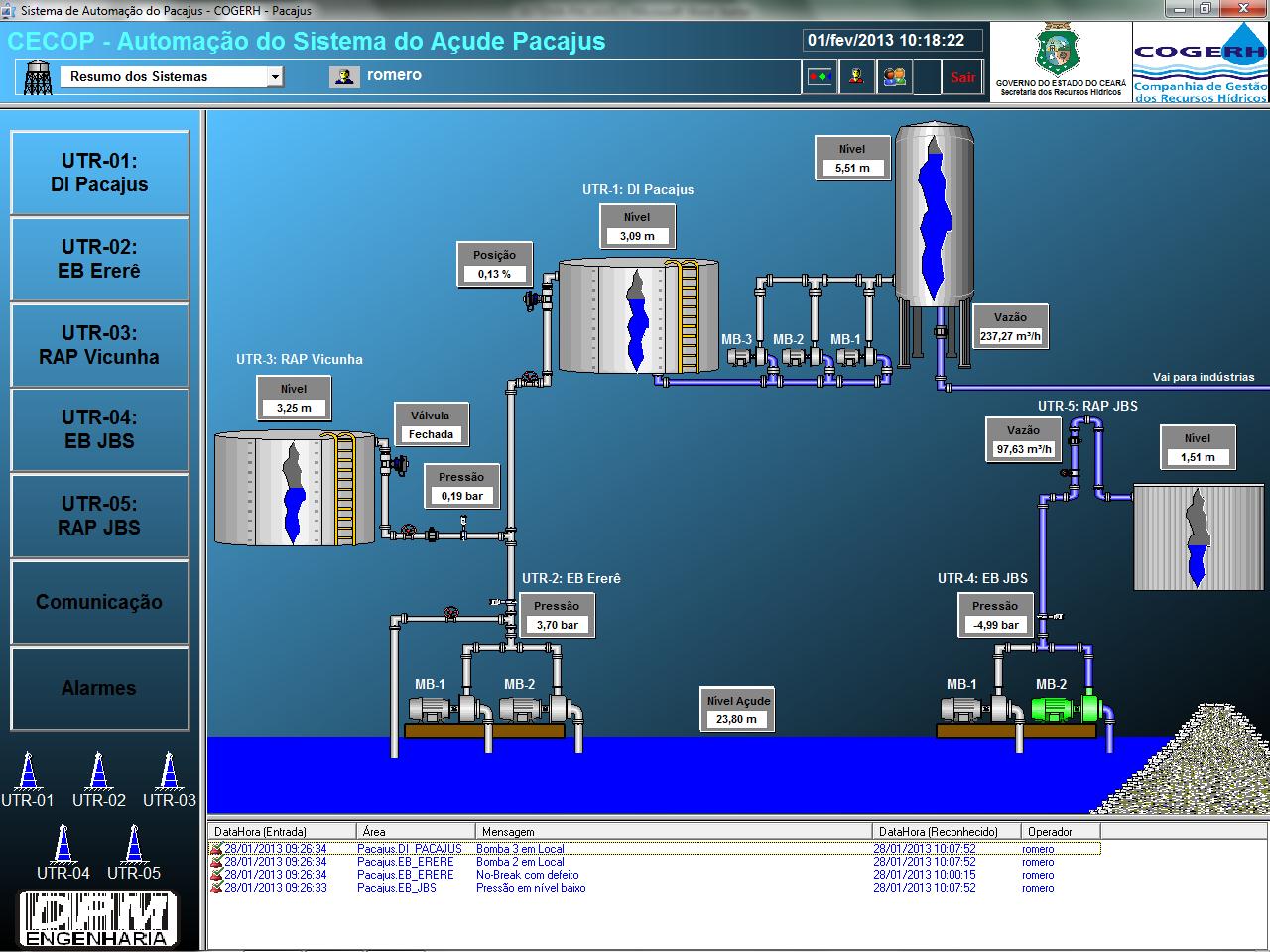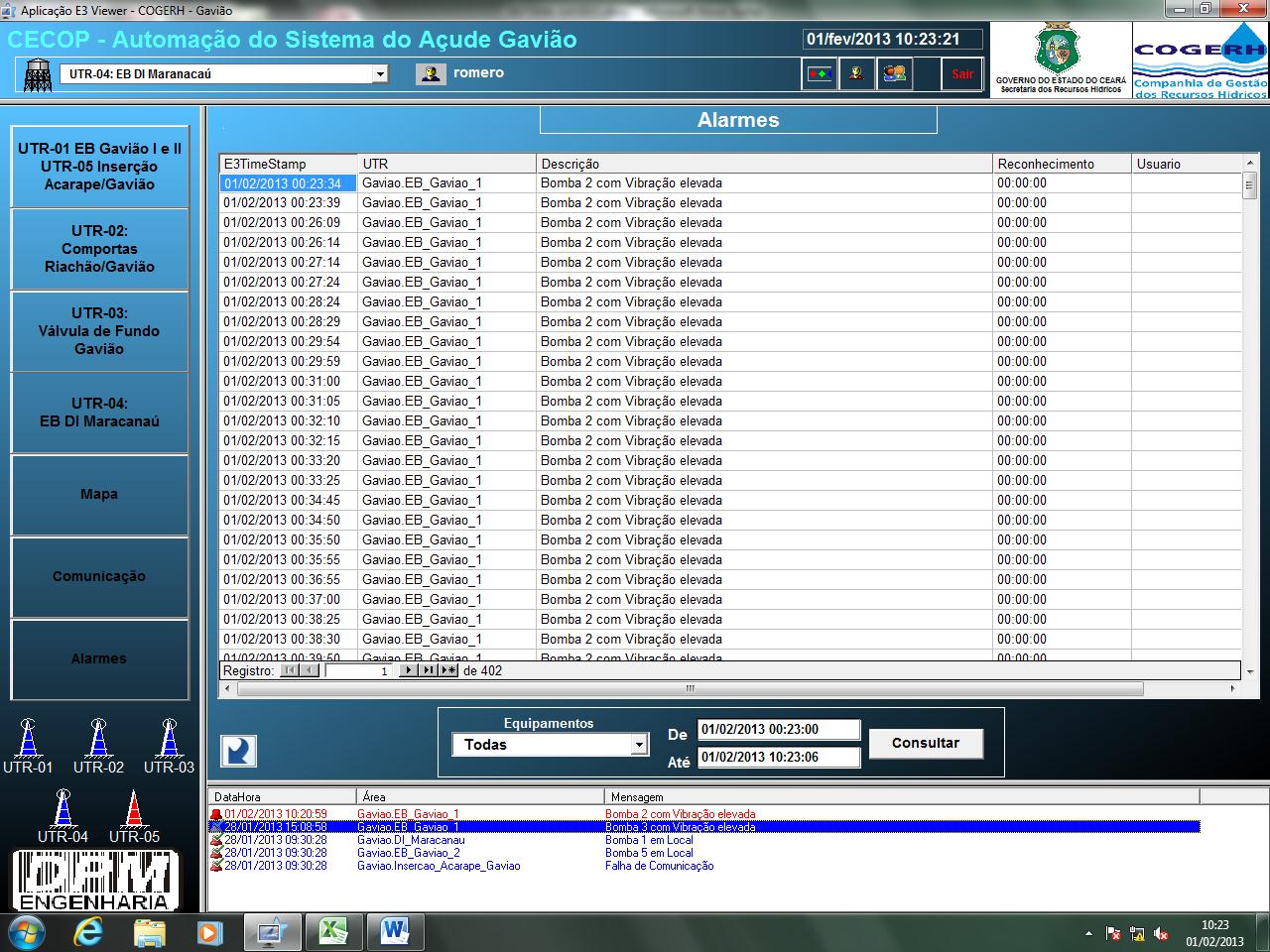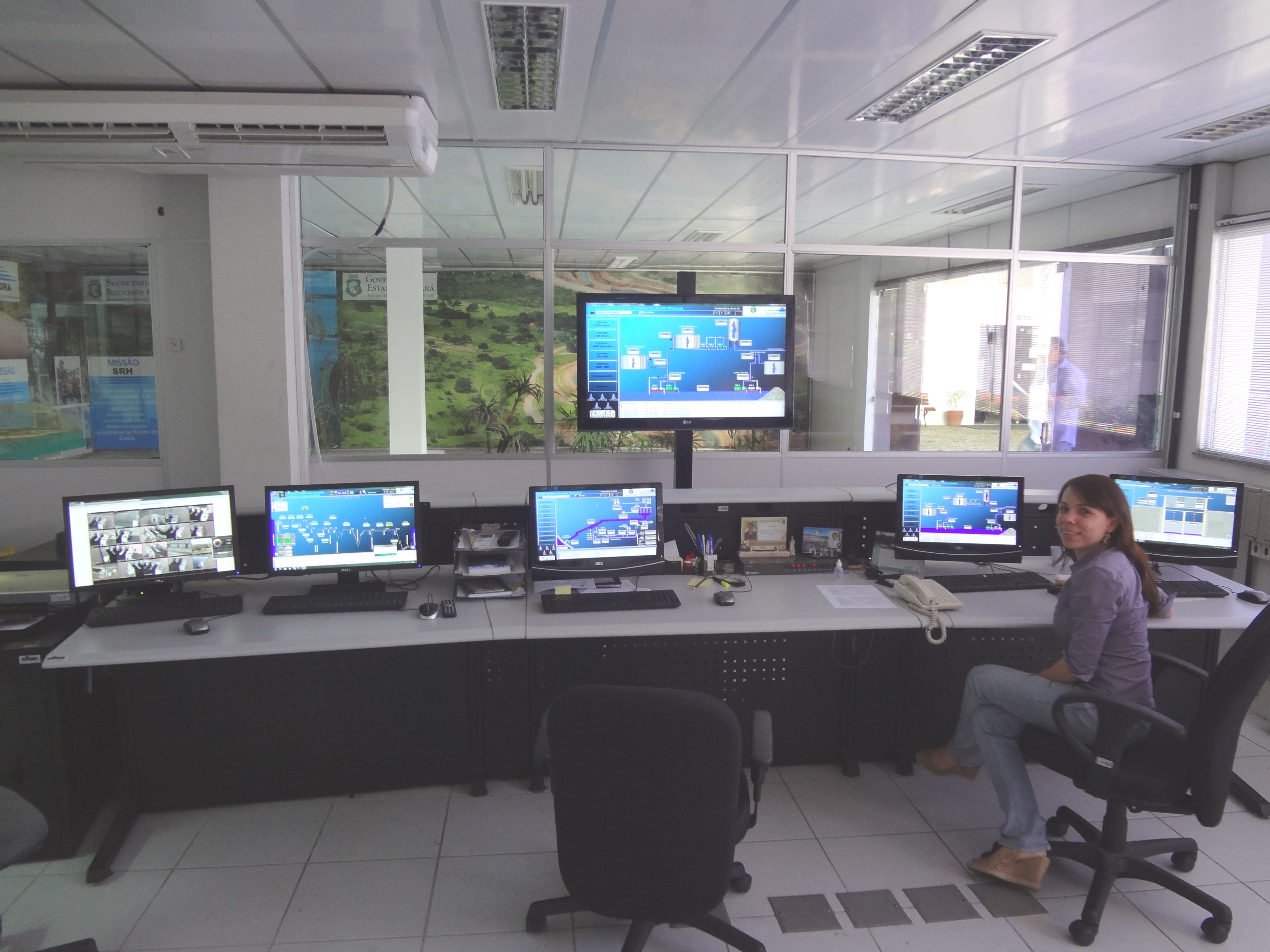Elipse E3 reduces COGERH’s costs with maintenance and water consumption
Elipse E3 contributed to make the Company of Water Resources Management (COGERH) virtually dismiss the use of mobile phones to inform their maintenance team on the status of the water supply system
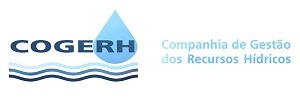
Needs
In 1993, the government of the state of Ceará (northeastern Brazil) created the Company of Water Resources Management (COGERH, in Portuguese), the agency responsible for managing more than 90% of the water accumulated in that state. This company manages 139 of the most important state and federal weirs, as well as reservoirs, canals, and aqueducts of Fortaleza’s metropolitan basin.
In order to automate the system of water supply in the industrial districts of Pacajús and Maracanaú, two towns located in the Fortaleza metropolitan area (capital city of Ceará), COGERH decided to adopt the Elipse E3. Developed by Elipse Software (a Brazilian company headquartered in Porto Alegre and with branches in São Paulo, Rio de Janeiro, Curitiba, Belo Horizonte, the United States, and Taiwan), the Elipse E3 makes it possible for operators to control the system’s operation remotely and in real time.
With this solution, COGERH was able to provide a qualified service throughout the process operation, thus targeting a more rational use of water. It is also worth mentioning the participation of DPM Engenharia Ltd., the company responsible for implementing the system.
Solution
To remotely control the water supply process in the industrial districts of Maracanaú and Pacajús, COGERH decided to install an Elipse E3 system in Hot-Standby at the company’s Operations Center (CECOP), located in Fortaleza. The system allows operators to monitor the details regarding pumps, valves, tanks, and reservoirs.
Automation of the system supplying the industrial district of Maracanaú
The system responsible for supplying water to industries in Maracanaú comprises two pumping stations. Before contacting these stations, the Riachão weir, whose storage capacity is up to 47 million cubic meters of water, will supply the Gavião weir, whose storage capacity is up to 53 million.
At this stage, the Elipse E3 control mechanism allows the opening and closing of gates installed on the border between both weirs. If the water level in Riachão is high, the software opens the gate for the water to seep into Gavião. The automatic activation of gates is interspersed, i.e., five seconds for activating and one hour for checking the level.
Then, the water from Gavião is pumped to a support reservoir (RAP).The Elipse E3 controls the pressure found inside the pipeline through which the water is pumped from the weir to the RAP. If the pressure is higher than indicated, the software sends a command to open the valve located at the discharge pipeline a little more.
Once pressure is normalized, the valve is closed by Elipse E3. In the reverse situation, namely when there is an observed decrease in pressure inside the pipeline, the software closes the valve and acts on one or two of the pumps, if needed. With this control, it is possible to diagnose, with greater accuracy and speed, any leaks or malfunctions in either pumps.
Before the “background valve” is pumped to the RAP, the Elipse E3 also allows it to be controlled in manually remote mode .When the water level is too high, this valve (installed at the bottom of Gavião weir) can be opened, preventing debris (mud, twigs, and other organic matter) accumulated in the region from being drained into the RAP, and the waste water with no overflow from being harnessed.
Once the water is in the RAP, the Elipse E3 enables monitoring its level, its output flow, and the pressure with which it arrives at the adductor in the reservoir .After this control is done, the water is then pumped to the elevated reservoir (REL) that supplies, by gravity, the industrial district of Maracanaú.
The screen below illustrates this control.
The Acarape weir, capable of storing up to 34 million cubic meters of water, can also be used to supply the industrial district of Maracanaú. This happens during the rainy season, when the water level rises and the pressure increases enough to supply the REL only by gravity, with no need for activating pumps.
For this to occur, the Elipse E3 triggers a command on a by-pass valve, causing it to act so as to divert water from the weir directly to the REL, without going through the RAP. To make sure this happens, the software also automatically closes the RAPs inlet valve.
Automation of the system supplying the industrial district of Pacajús
The system that supplies the industrial district Pacajús comprises two pumping stations (EB Ererê and JBS), both located in Pacajús weir, capable of storing up to 240 million cubic meters of water. Both stations are responsible for sending the water from the weir to their respective reservoirs.
The EB Ererê supplies two reservoirs. The first one is called RAP Vicunha, named after a large textile factory that, due to its high demand, has its own reservoir .The second is the RAP of the industrial district of Pacajús, from where water is sent via three pumps to the REL that will supply, by gravity, the other factories in the industrial district of Pacajús.
Alarms Report
To keep any problems from happening and/or getting worse, the Elipse E3 issues reports that allows choosing the time period to be monitored, containing all the information about the events that occur in the process of water supply of the industrial districts of Maracanaú and Pacajús, such as: the period when the alarm was triggered; the affected area; the description, date, and time when the occurrence was registered; and the name of the user responsible for its acknowledgement. This data is displayed in the reports, and is printable in PDF.
Finally, the Elipse E3 also displays the alarms being scanned in real time, at the bottom of its screens. So, in case there is any problem with a pump, for example, the software beeps and displays the details about this occurrence at the bottom of the screen, as shown below.
Benefits
“Reduction of both maintenance costs and water consumption, and increased security and reliability”: in the opinion of Siomara Peixoto Lima, COGERH’s electrical engineer, these are what set Elipse E3 apart in comparison to the control that existed prior its installation. According to her, before the system has been implemented, if there was a water shortage at Vicunha’s RAP, for example, the operators had to first diagnose the problem visually, and only then get in touch by phone with their colleague positioned at EB Ererê to request activating the pumps and sending water to that reservoir.
“The operators were very dependent on their cell phones, which sometimes failed, and it slowed down the resolution of problems,” said the engineer.
In this case, in addition to delaying pumping water into the reservoir, COGERH had a greater expense regarding connections and water consumption. When there was a water leak, for example, the operator had to diagnose the problem and call the maintenance team, which often was not done in time to avoid waste.
“Thanks to Elipse E3’s alarm system, the operator is immediately informed of any problems and can trigger the maintenance team as soon as possible,” said Peixoto.
See below the main benefits provided by using this software:
- Its control, which was previously manual and dependent on the use of cell phones, is being performed remotely, and cell phones are used only to clarify any questions or in the case of power failure in the system.
- Considerable decrease in the number of phone calls (50 a day to virtually no calls).
- Less water waste due to the greater control of pumps, valves, reservoirs, pipelines, and other devices involved in the supply system of the industrial districts of Maracanaú and Pacajús.
- Visual and audible system alarm to alert operators if there is any problem in the supply system, which helps to reduce the cost of water consumption.
Datasheet
Client: COGERH - Companhia Gerenciadora de Recursos Hídricos
Systems Integrator: DPM Engenharia Ltda.
Software: Elipse E3
Number of copies: 2
Platform: Windows 7
